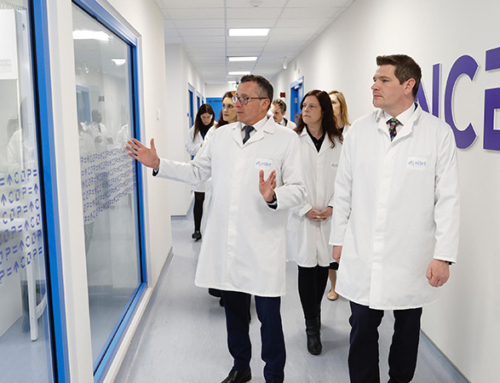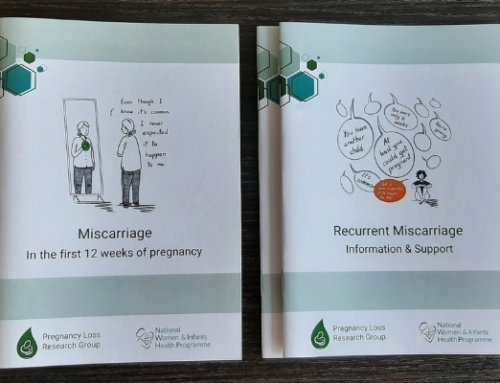Wednesday 05 February 2020
New research reveals that a substance, L-ergothioneine, most commonly found in mushrooms, could help alleviate some features of pre-eclampsia.
Pre-eclampsia is a complex disorder of pregnancy that can have potentially serious consequences for women and their babies. There is currently is no cure for pre-eclampsia other than delivery, which can present a major medical problem if the condition results in an extremely premature birth.
Now researchers in the Department of Pharmacology & Therapeutics at University College Cork (UCC), the INFANT Centre at UCC and the University of Liverpool, have shown that a natural diet‐derived substance, L-ergothioneine, can alleviate some of the features of this condition.
Significant research suggests that pre-eclampsia may be caused by substances released from the placenta that disrupt normal biological processes in the mother. In particular, disruption of mitochondrial function can lead to exaggerated oxidative stress. Ergothioneine is a potent and effective mitochondrial antioxidant. Ergothioneine can be found in a wide variety of foods, but the chief source of ergothioneine in the human diet is mushrooms.
“We wanted to see if this natural antioxidant could ameliorate some of the biological features of pre-eclampsia using our model of disease” says Dr. McCarthy at UCC, leader of this research. “Our research shows that treating rats with pre-eclampsia with the natural antioxidant L-ergothioneine reduced blood pressure, prevented fetal growth restriction and dampened production of the damaging substances released from the placenta during pre-eclampsia.” Furthermore, using an exciting new approach we identified that treatment with ergothioneine diminished mitochondrial-derived oxidative stress”.
The new research opens up a new avenue for therapeutic investigation in the elusive search for a treatment for pre-eclampsia. Ergothioneine appears to be a safe, natural diet‐derived antioxidant whose therapeutic potential looks promising but remains to be validated by the gold standard of sufficiently powered, human clinical trials.
The study is published in the leading journal Hypertension. This research was supported by a Health Research Board Health Research Award.






